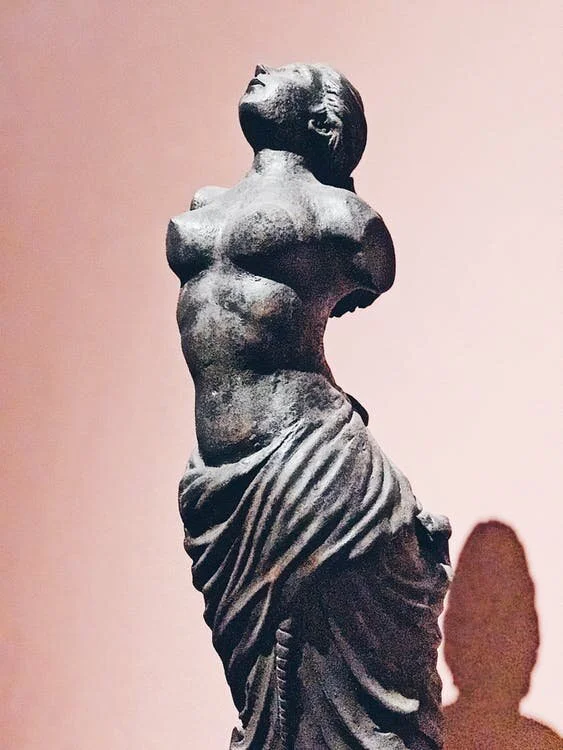#19 - How Young is Too Young?
At the Con of the North this year I had a few games with Children. I'm talking under the age of 16. Although I myself am very young I found myself looking across a generation gap. There were three events where I mixed with youths, and found it challenging in different ways to communicate with the kids. A RPG is worthless if there is no way to communicate between the people involved. So I wanted to take time to react.
I'm not expert, I don't have children, and I don't commonly work with them, but this is how it went....
I held a Pokemon game at the Con of the North. Pokemon Master Trainer. It's not a great title - can't hold a candle to the classic Game-Boy's Red & Blue. But the kids liked it enough. A half dozen preteens sat with me at the table rolling dice and throwing Pokeballs. There was some rotten luck at that table. Dice rolls don't seem to reward effort or hope. But I wanted the kids to enjoy themselves.
I'm certain that game was unlike any other Pokemon experience they ever had. Pokemon as a franchise is not well suited to be a board game, and the particular game was a lot more random than most collectors would prefer. There is almost zero skill in that game. The familiar ways a Pokemon Master would utilize water types against rock didn't apply.
One kid in particular had a really rotten show, didn't catch any new Pokemon for 30 minutes. Basically ruining his whole game. Spent every turn thinking this would finally be his time to win big. It seemed very unfair.
I spent a lot of time at that table reminding players that it was their turn and trying to bolster hope as they rolled the die again. As everyone took their chance to battle the Elite four I kept repeating, "roll up - roll up," "Here we go," and "I believe in you." Not much to do on your turn but see the random result.
In the end it was a silly (and poorly designed) kid's game. But, I think everyone enjoyed the highs and lows.
I sure hope they did.
Another pair of events I held, were a RPG coffee and chat seminar. Meant to be a break from the games, instead a brainstorming session; a chance to talk about what we like and struggle with in our games. Children came to these, on two different days. The First went very well, had great participation and creativity from two kids half my age. They had questions ready to go, asked me for advice, and even told me about ideas they had been thinking of. We had a brief improvised game where I made use of a villain one of the Kids invented.
That child even had the attention to mention moments where I misunderstood what he had come up with. He even gave allowance for my adaptation of what he created. It didn't have to be the same as what he intended, and he was comfortable with my creative licence.
His buddy, the 2nd kid in the duo, took on the roll of main protagonist and asked my advice on how to best participate. Both in the game we briefly played at the Convention, and for future games he hoped to be the Narrator of!
From a pair preteens I was much impressed.
My other Seminar didn't go well... I'll never forget this kid, he name was Noah. I'll never forget him, because I was at a loss for what to talk about with him. He had no ideas to share when we sat down, nor had he ever played DND. That isn't such a problem, so long as we make comparisons and share some fiction. Noah knew that this wasn't a game just a launchpad.
But our rocket ship included no fuel.
Noah had no awareness of Middle earth, nor did he know any Greek myths. I was half convinced he had never seen a Disney movie. As I said he never had played DND, and his ignorance of Elves, Dwarves, and Orcs astounded me. The whole seminar was co-opted by Noah as the other attendees tried to help. The whole hour became about Noah making a DND character.
Finally I learned he had read Harry Potter, something we had in common. By this point Noah was dead set on making a "Smart Guy" hero. So I brought him to Player's Handbook pages on Wizards.
Just so WE are all on the same page here, DND Wizards are NOT like Hogwarts Wizards.
Noah eventually did make his Wizard and did make all the key choices a player needs when establishing their PC.
But I wonder where he will go from here... Who will he play with? How will he find his first game?
Now, I'm no child at heart; I don't write this to ask when will a Kid be mature enough to play in your game? I just want to emphasize that a gap in knowledge will emerge when you have people of different histories at the table.
Some of the Adults at my RPG seminars were not very experienced and sometimes felt like they were put on the spot.
These hiccups will come up, I just encourage you to exercise patience. Please consider how you previously felt "too old" or "too young."
It might help bridge the gap!









